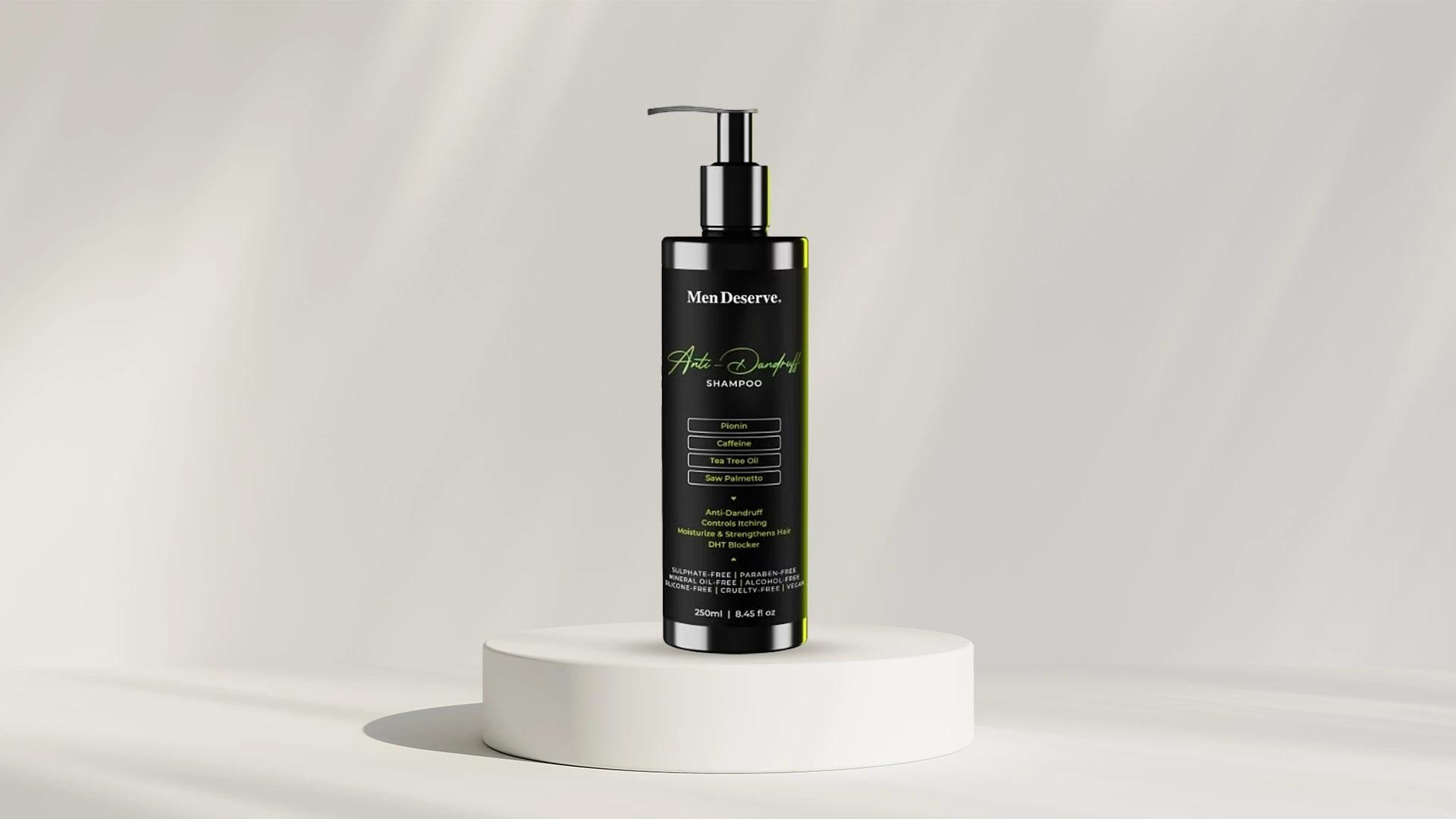Calm that angry scalp with ingredients like tea tree oil (diluted), aloe vera, or niacinamide. These help reduce the redness and irritation that contribute to hair follicle weakness. Apply treatments to clean, slightly damp scalp for better absorption.
Step 5: Strengthen Hair Follicles
Support your hair from within with a balanced diet rich in biotin, iron, and omega-3 fatty acids. Topically, look for treatments containing caffeine, rosemary oil, or peptides that can help stimulate blood flow to follicles.
Step 6: Create a Consistent Routine
Consistency beats intensity every time. Establish a weekly routine that includes gentle cleansing, targeted treatments, and scalp massage. Track your progress with photos—it helps you stay motivated when changes feel slow.
Beyond Dandruff: Other Hair Shedding Causes
Whilst dandruff can definitely contribute to hair loss, it's worth knowing about other factors that might be at play. Sometimes multiple causes work together, making it trickier to pinpoint the exact issue. Understanding the broader picture helps you create a more effective treatment approach.
Stress, hormonal changes, and nutritional gaps can all impact both your scalp health and hair growth. The good news? Many of these factors can be addressed with lifestyle changes alongside your dandruff treatment.
Hormonal Factors
Conditions like PCOS, thyroid imbalances, or postpartum hormone shifts can trigger both scalp issues and hair loss. If your dandruff coincides with major life changes or other symptoms, it's worth exploring hormonal factors with a healthcare provider.
Nutritional Deficiencies
Iron, vitamin D, and B-vitamins are crucial for both scalp health and hair growth. Deficiencies in these nutrients can make your scalp more prone to irritation whilst also slowing hair growth. A balanced diet or targeted supplements might help address both issues.
Frequently Asked Questions


 250 ml
250 ml 200 ml
200 ml 200 ml
200 ml 300 ml
300 ml